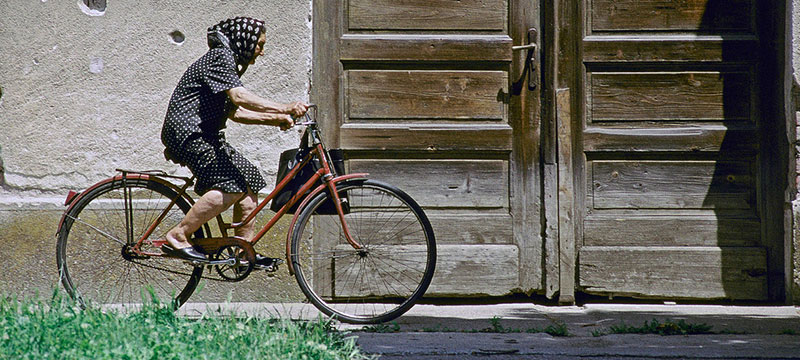 Exercise
Exercise New York: Up to five million premature deaths a year could be prevented if the global population was more active, but many people live in areas with little or no access to spaces where they can safely walk, run, cycle or engage in other physical activities.
Where opportunities do exist, older adults or people with disabilities may simply not have access to them.
To improve this situation, the World Health Organization (WHO) is calling for better and fairer opportunities for physical activity to improve overall health.
In a new advocacy brief, Fair Play: Building a strong physical activity system for more active people, the agency asks decision-makers across the health, sport, education and transport sectors, to promote the benefits more.
For WHO Deputy Director-General, Zsuzsanna Jakab, “there is an urgent need to provide people with better opportunities to live active healthy lives.”
“Today, the possibility for people to take part in physical activity is uneven and unfair. This inequity has only gotten worse during the COVID-19 pandemic,” Ms. Jakab said.
Children doing physical exercises in a school gym in Uzbekistan, among them a child affected by down syndrome., by UNICEF/Giacomo Pirozzi
Out of breath
WHO statistics reveal that one in four adults, and four out of five adolescents, do not currently get enough physical activity.
Women are less active than men, with more than an eight per cent difference at the global level (32 per cent men, just 23 per cent for women).
High income countries are home to more inactive people (37 per cent), compared with middle income (26 per cent) and low-income countries (16 per cent).
WHO guidelines recommend adults should do at least 150 to 300 minutes of moderate to vigorous aerobic activity per week. Children and adolescents should do an average of 60 minutes per day.
Solutions
The Fair Play brief was released during WHO’s final webinar in a series convened to discuss the impact of COVID-19 on sport and physical activity.
The brief highlights the main challenges and opportunities and calls for all partners to strengthen collaborations and support countries to scale up actions in this area.
Solutions that work include sustained community campaigns, inclusive programmes in local communities, and safer environments that support more walking and cycling, for everyone.
The Head of the Physical Activity Unit at WHO, Fiona Bull, said that the brief “provides clear messages to all who work, to create a more active society”.
‘Common vision’
“WHO is calling for industries, civil society and governments, as well as UN agencies, to build a common vision for creating more active societies through sport, walking, cycling and playing”, she explained.
The agency points out three key actions: stronger partnerships across sectors; stronger governance structures and regulations; and broader, deeper and innovative financing mechanisms.
The advocacy brief responds to UN Secretary General Antonio Guterres’ call for sport and physical activity to broaden its contribution to meet the Sustainable Development Goals.
The agency also encourages countries to implement the policy actions outlined in the WHO Global action plan on physical activity 2018-2030 to achieve the target of an increase in physical activity by 15% by 2030.
Support Our Journalism
We cannot do without you.. your contribution supports unbiased journalism
IBNS is not driven by any ism- not wokeism, not racism, not skewed secularism, not hyper right-wing or left liberal ideals, nor by any hardline religious beliefs or hyper nationalism. We want to serve you good old objective news, as they are. We do not judge or preach. We let people decide for themselves. We only try to present factual and well-sourced news.







